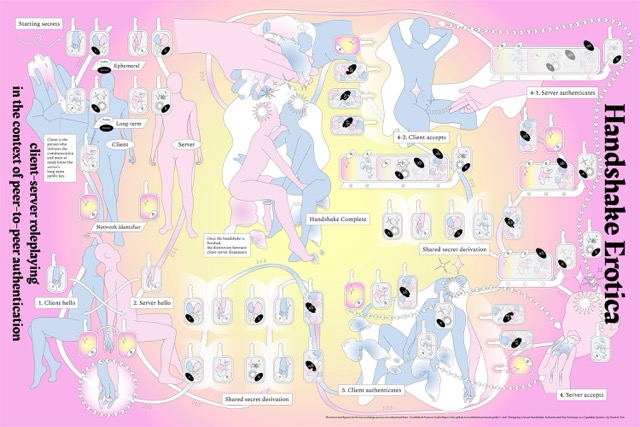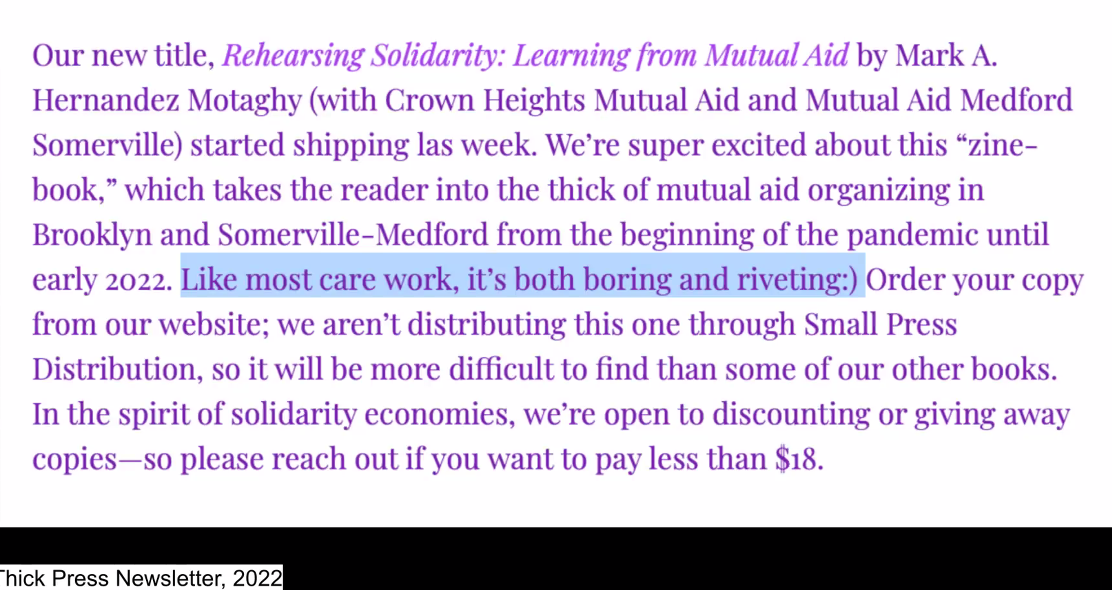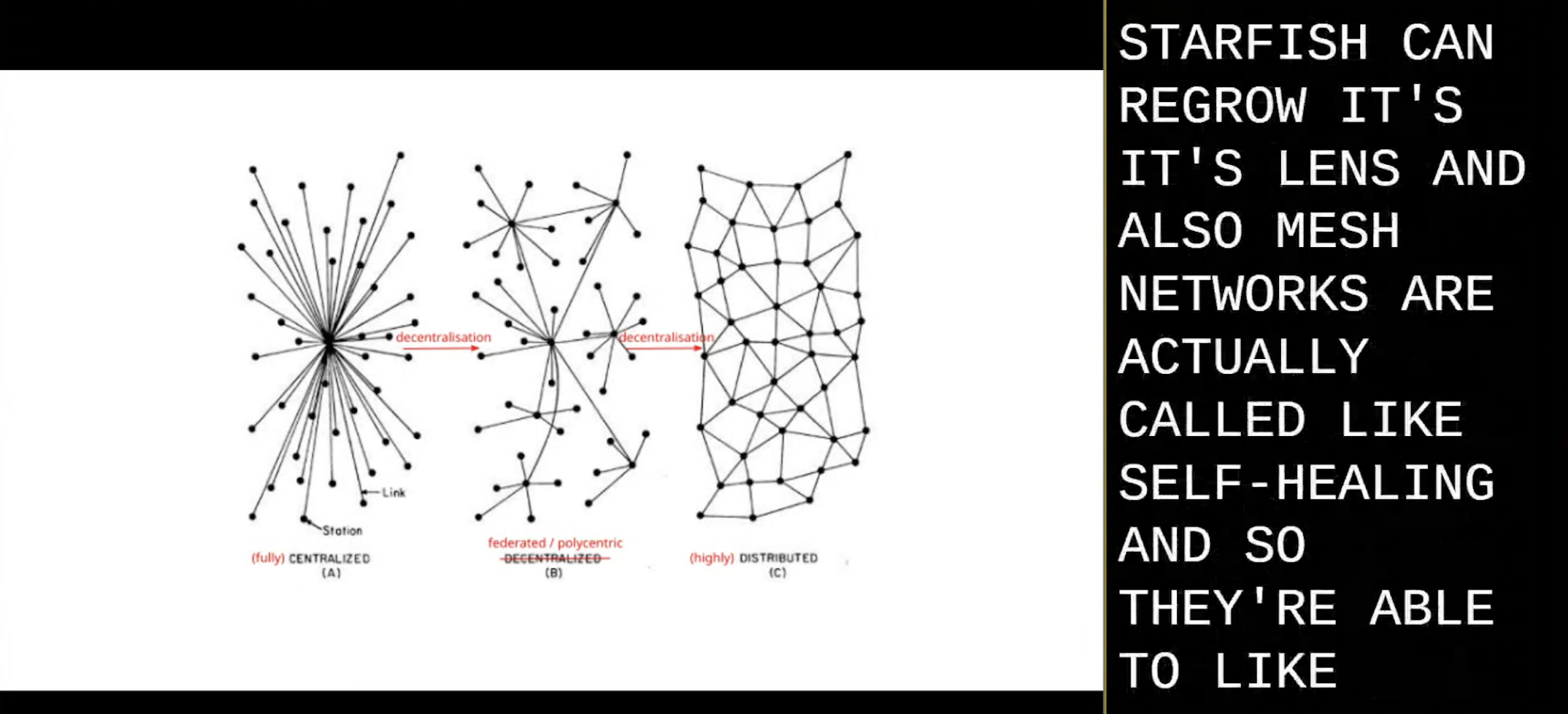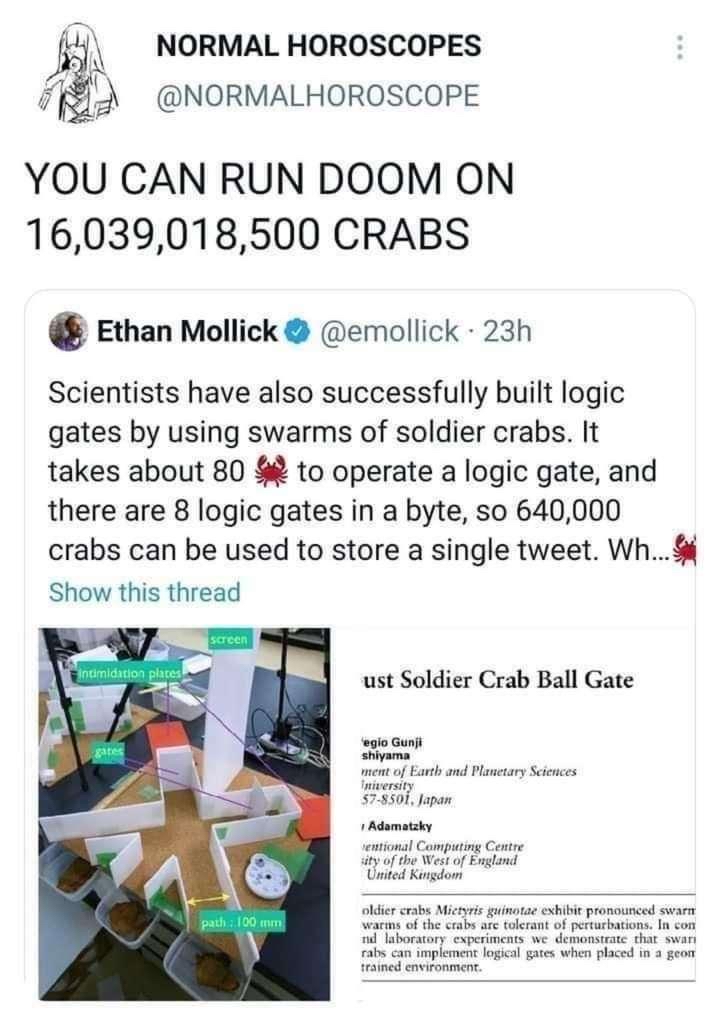Introduction to a Community Space
Benjamin Hall
they/he, based between Glasgow, Scotland & Liverpool, England
my website is super out-of-date, so here’s a linktree & my IG
class project: https://studiolab.nohost.me/ (dead link currently)
class research: https://www.are.na/benjamin-hall/solidarity-infrastructures
~~~~~~~~~~~~~~~~~~~~~~~~~~~~~~~~~~~~~~~~~~~~~~~~~~~~~~~~~~~~~~~~~~~~~~~~~~~~~~~~~~~~~~~~~~~~~~~~~~~~~~~~~~~~
I’m developing a local server for use by/for/with the membership of a new community lab space opening in the Winter at the English contemporary arts & tech space FACT Liverpool (at which I hold a part-time artist-technologistposition).
It could act as a point of introduction to self-hosting & open-source technology for the lab’s membership, as this class has been for me! In this way it would be a pedagogic server in form, implementation and content! The community can control & maintain its own membership portal, filehosting, forums and chat…
Yunohost has a fully-featured FabLab manager app called ….Fab-manager….. which I am currently trying (& failing) to install. I am reluctant to merely depend on this pre-built solution, so depending on its functionality I am hoping to create a more bespoke portal using several different apps as Varia have done so well!
I travel a lot for work & have struggled to find time to work with my Glaswegian Raspberry Pi 3 when we are united… so I’m treating my project as ongoing & will keep working on it over the Summer! I’ve had some issues with them overheating… maybe because they’ve spent 18months in a friend’s shoebox?
Our classes have raised lots of questions around tensions between the forms of community solidarity, support, aid and activism that we have discussed as a group, and institutional practices within publicly-funded arts organisations in the UK, such as FACT (known as Arts Council England’s National Portfolio Organisations, or NPOs). The group’s concerns about buzzwording, performativity & the projection/construction/curation of ‘communities’ that organisations imagine/define/assume were particularly relevant! FACT has a lot of institutional privilege - (how) can it give this back to Liverpool, (how) can this work be situated within an NPO, & (how) can a self-hosted server factor into those ongoing relationships? (How) can FACT be a cultural activist/advocate? What is my role here, and where is my accountability?
If & how the lab’s server should be moderated is still an open question in my mind!
Members of my class behind the Great Firewall (particularity Yifan) wondered at the possibility of using FACT’s server as a VPN, and a international group “hacking” and piggybacking the institution’s bandwidth to mitigate the personal risk of arrest. This is an exciting idea I am keen to discuss with them further, but I am unsure about FACT’s internal security policies here.
~~~~~~~~~~~~~~~~~~~~~~~~~~~~~~~~~~~~~~~~~~~~~~~~~~~~~~~~~~~~~~~~~~~~~~~~~~~~~~~~~~~~~~~~~~~~~~~~~~~~~~~~~~~~
memorable moments include;
-
ontologies & cosmologies
-
devising, not devices
-
overprofessionalised & solely self-perpetuating infrastructures
-
diversification of ICT infrastructure (across local-global spectrum) as analogous to ecological need for biodiversity
-
the weight of the stack & at its many scales…
-
“how do we have a good party?” - Lai Yi Ohlsen / “coffee & cake methodology”
-
social support structure is as essential to an ICT IF as electricity
-
technologists as facilitators of communication as a fundamental right
-
“big projects gracefully degrade into speculative projects” - Max
-
spiders & starfish
-
Sanketh Kumar on capitalist ‘labour-saving devices’’ negative effects on community work practices, solidarity and kutumb
-
the experiential differences of technologies’ material presentations
-
(re)learning to be (trans)local - and always situated
-
social relations themselves as an artistic medium - Ruth Catlow
-
assets are “made up narratives about the future” - there are always alternatives - Geraldine Juarez
-
servers as affective IFs, often making labour and environmental damage invisible
-
labour is never saved, only displaced (to the Global South)
-
trickle-down models of extraction, prescription and gatekeeping
-
how can spaces be decentralised so there is enthusiastic ongoing consent (from their communities) throughout their IFs life?
-
what is “media” and how can it support our collective wellbeing?
-
why are ruling classes now interested in community engaged arts? soft power? traumaporn? e.g. documenta fifteen
-
“community” as a tokenised and financially incentivised product in the arts to soothe audiences’ guilt - co-opted language
-
avoid mixing “heart work” and “paid work”
-
Fred Moten’s “shared practice of fulfilling needs”
-
the difference between mutual aid and charity - the former is so inherent to some communities that’s it’s almost laughable as a concept
-
“showing up more deeply”
-
“software does not come without its world” - but we can fragment this from big issues to “tiny bugs” with our many eyeballs
-
“universalist approach to openness […] has historically meant the appropriation of marginalised knowledges”
-
“broken world thinking” for our post-apocalypse
-
leave behind seamlessness, scalability, signlessness, designer-user binary
-
“the protean capabilities of the 3rd world bricoleur” are used to “enable and justify the perpetuation of economic instability” and the “romanticisation of strategies of survival”
-
the stack is an “ontological omnipresence” framed as mundane
-
“if you can’t open it, you don’t own it”
-
Varia’s membership server, self-hosted from their Rotterdam space
-
using planetary limits as a decision-making logic - as in Solar Protocol
-
importance of materiality, and misuse of spiritual/ theistic language in regards to tech
-
“infrastructing as a continuous negatiation of the nature-IF boundary”
-
Herodotus on the nomadic Scythians’ conquest - diffuse power, quantum spectacle and the “fixed sight machine”
-
how many mistakes do members get to make within a community? can be a difficult question in abolitionist groups
-
“the more I talk [about solidarity and divestment] the weirder I feel” - Yifan Wang
-
who gets to access this learning? (time/ fear responses/ access to tools) often the most relevant and vulnerable actorsa re the most excluded - Meghna
~~~~~~~~~~~~~~~~~~~~~~~~~~~~~~~~~~~~~~~~~~~~~~~~~~~~~~~~~~~~~~~~~~~~~~~~~~~~~~~~~~~~~~~~~~~~~~~~~~~~~~~~~~~~~~~~~~~~~~~~~~~~~~~~~~~~~~~
references that stood out to me include;
Imamu Amiri Baraka’s Technology & Ethos
The Detroit Community Technology Project & Mother Cyborg’s Teaching Community Technology Handbook (this feels like an excellent model for FACT’s lab to learn from)
Ruth Catlow’s Translocal Belonging and Cultural Cooperation after the Blockchain – A Citizen Sci-fi chapter in Radical Friends (Ruth is on FACT’s board of trustees)
…I’ve also been inspired to return to some of Paulo Freire & Gary Zhexi Zhang’s writing!
…& I saw both Guillermo Gómez-Peña & Fred Moten’s trio perform in Glasgow …& had many thoughts …& feelings …GGP spoke on art galleries as sites for communities to experiment with thinking together in place
…& screenshots below!



